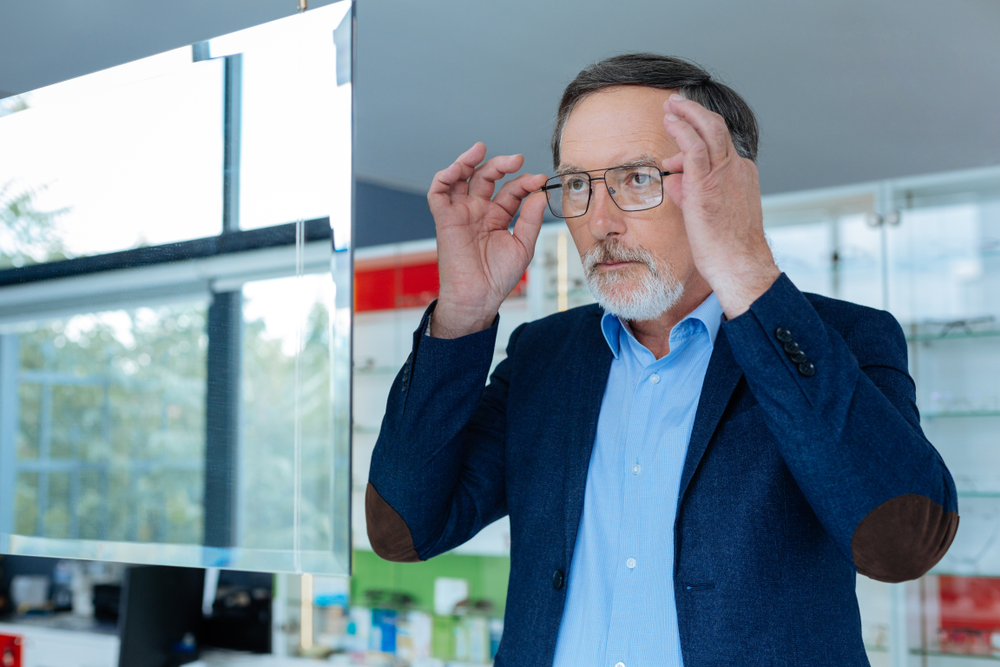
All people are recommended to have regular eye exams, but if you have diabetes, attending annual eye appointments is especially important. This is because diabetes has the ability to affect your eye health and vision. Most diabetes-related damage to the eyes occurs slowly over a number of months or years. Fortunately, there are things that you can do to protect the health of your eyes from diabetic eye diseases.
Diabetes and Eye Health
Diabetes is a health condition that occurs when the body is unable to regulate its blood sugar levels. There are two types of diabetes. Type 1 diabetes is thought to be the result of an autoimmune reaction that destroys the cells that make insulin – the hormone that usually controls blood sugar levels. Type 2 diabetes is much more common than Type 1. In Type 2 diabetes, the body doesn’t respond to insulin as it should, and this causes blood sugar levels to be irregular. Most people who develop Type 2 diabetes do so as a result of being overweight.
People who have diabetes are more likely to suffer from diabetic eye disease – a group of eye problems that occur when persistently high sugar levels cause damage to the optic nerve, the main pathway sending messages between the eyes and brain. This damage can lead to issues such as:
Blurred vision
Swelling in the tissues of your eyes
Damaged blood vessels that leak into the middle part of the eye, causing scarring
Increased intraocular pressure
Abnormal blood vessel development
Spotting the signs of developing problems early is essential for limiting the damage that can be done to your eyes and vision.
How Often?
Exactly how often you should get an eye exam if you have diabetes will depend on the type of diabetes that you have.
The American Diabetes Association recommended that people with Type 1 diabetes have their first comprehensive eye exam within 5 years of being diagnosed. Meanwhile, those with Type 2 diabetes should have a comprehensive eye exam right away. The reason for this is that people with Type 2 diabetes may have already had the condition for some time prior to their diagnosis. This means that there may already be some damage to their eyes and vision if they don’t have symptoms.
The first comprehensive eye exam that you have following your diabetes diagnosis will be used as a base marker for future exams going forwards. Following this, all patients with diabetes should attend an annual comprehensive eye exam unless they are told otherwise.
Diabetic Eye Disease Treatment
While treatment can slow or stop the progression of diabetic eye diseases, it’s not a cure. Diabetes is a lifelong condition, and this means that there is always the potential for damage to occur. The first thing that your eye doctor will recommend is to take steps to get your diabetes under control. This can be done by adjusting your diet, losing weight, and taking medications as your doctor prescribes them. However, in addition to this, there are further treatments that may be recommended depending on your individual circumstances. They include:
Laser treatment/photocoagulation to limit the growth of new, abnormal blood vessels on the retina.
Surgical removal of vitreous gel (vitrectomy).
Anti-VGEF medication to slow the growth of abnormal blood vessels.
Your eye doctor will be able to talk to you in more detail about the treatments available and what they could mean for you.
To find out more about how diabetes affects your eye health, visit Electric City Eye Care in Anderson, South Carolina. Call (864) 224-2088 to schedule an appointment today.








